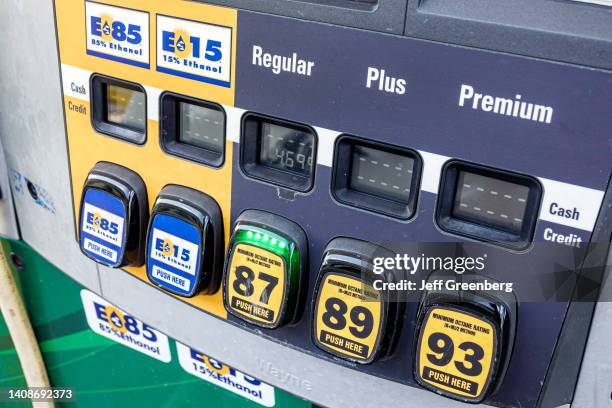2025's Most Fuel-Efficient Cars: Expert Technology Insights

Urban Pedia Wiki
Your one-stop destination for all the information you need - from technology updates, health articles, tutorial guides, entertainment news, sports results, to daily life tips.

1. Hybrid Powertrain Evolution: Efficiency Redefined
The Rise of Advanced Hybrid Systems

- Enhanced Regenerative Braking: Improve energy recapture.
- Advanced Battery Technology: Improve battery capacity and efficiency.
- Optimized Engine Management: Improve fuel consumption.
- Lightweight Materials: Improve vehicle efficiency.
| Feature | Benefit |
|---|---|
| Regenerative Braking | Improved Fuel Economy |
| Larger Battery Capacity | Extended Electric Driving Range |
| Aerodynamic Design | Reduced Drag and Improved MPG |
| Improved Engine Efficiency | Reduced Fuel Consumption |
2. Electric Vehicles (EVs): The Electric Revolution Rolls On
EV Technology Advancements and Range Improvement

- Improved Battery Technology: Higher density, increased range.
- Faster Charging Speeds: Reduced charging times.
- Enhanced Motor Efficiency: Increased mileage.
- Aerodynamic Improvements: Optimized drag reduction.
| Technology | Impact |
|---|---|
| Solid-state Batteries | Increased Energy Density, Longer Range |
| Ultra-fast Charging | Reduced Charging Times |
| Efficient Electric Motors | Improved Energy Consumption |
| Lightweight Materials | Enhanced Range and Performance |
3. Alternative Fuels: Exploring Options Beyond Gasoline
Advancements in Alternative Fuel Technologies

- Hydrogen Fuel Cells: Zero emission vehicles.
- Sustainable Biofuels: Improve the carbon footprint.
- Compressed Natural Gas (CNG): Improving efficiency.
- Liquid Petroleum Gas (LPG): Cost-effective alternative.
| Fuel Type | Key Benefit |
|---|---|
| Hydrogen | Zero Emissions |
| Biofuels | Sustainable and Renewable |
| CNG | Reduced Greenhouse Gas Emissions |
| LPG | Cost-Effective fuel Options |
Conclusion
#Automotive #auto parts #auto repair shop #car dealership #vehicle financing #car maintenance #automotive service